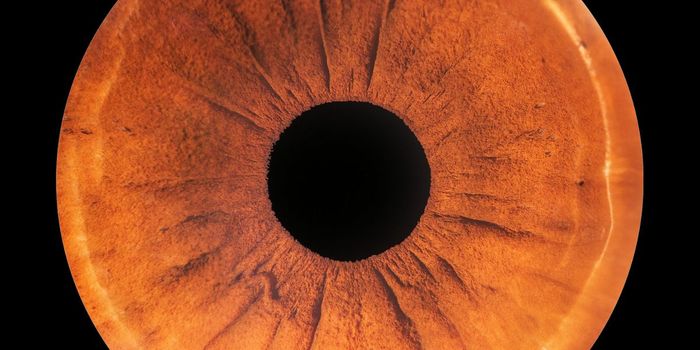FDA Approves the First Drug Made From the Fecal Microbiome
The gastrointestinal tract is home to trillions of microbes, many of which have a crucial role in our health. Imbalances in the gut microbiome can also cause disease. Now the US Food and Drug Administration (FDA) has approved the first fecal microbiota product, called Rebyota, which will be used to treat recurrent infections of the pathogenic bacterium Clostridioides difficile. A broad range of microbes can be found in Rebyota, a live biotherapeutic product made from donor stool.
C. difficile or C. diff bacteria can take advantage of certain conditions in the gut, such as when people have been receiving a lot of antibiotics, and a lot of good microbes in the gut are eliminated. C. diff can move in, multiplying in the gut where they start to release toxic compounds that can cause diarrhea, abdominal pain, fever, and colon inflammation. Organs may also start to fail, and these infections can also become serious enough to kill people, and they tend to recur. About 35 percent of people who get a C. diff infection have another one, and the risk of additional infections also increases with each infection. It's estimated that 15,000 to 30,000 people die every year from C. diff infections. Treatments for the disorder have been limited, although transplants of gut microbiota have been successful in some cases.
The efficacy of this new therapeutic was tested in two double-blind studies in which about 200 people got Rebyota and about 125 received a placebo. These studies demonstrated that recurrent C. diff infections can be prevented with Rebyota; the recurrence of diarrhea caused by C. diff was prevented for eight weeks in 70.6 percent of those who received one dose of Rebyota, compared to 57.5 percent of those in the placebo group. This data, reported in the journal Drugs, showed that Rebyota is more effective than antibiotics in treating C. diff infections.
The safety of the treatment was tested in two trials that included about 1,000 patients with recurrent C. diff infections. Common side effects were mild and included diarrhea, abdominal bloating or pain, gas, and nausea.
The treatment was developed by Swiss biopharmaceutical company Ferring Pharmaceuticals. It was created from donor stool and is delivered via enema. It can be prescribed after an individual has gone through a course of antibiotics for C. diff, and the infection has returned. The FDA noted that because it is prepared from donor stool, it carries some risk of transmitting pathogens or food allergens, although it is screened.
"As the first FDA-approved fecal microbiota product, today's action represents an important milestone, as it provides an additional approved option to prevent recurrent CDI," said Peter Marks, MD, PhD, director of the FDA's Center for Biologics Evaluation and Research.
The approval "is an advance in caring" for people with recurrent C. diff infections, added Marks.
Sources: FDA, University of Minnesota Center for Infectious Disease Research and Policy, Drugs









